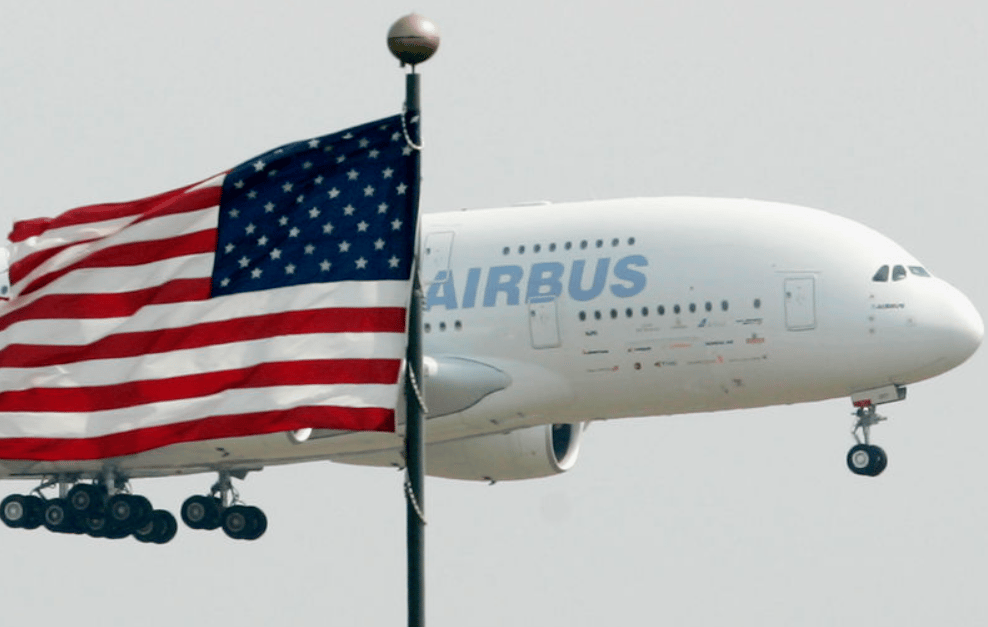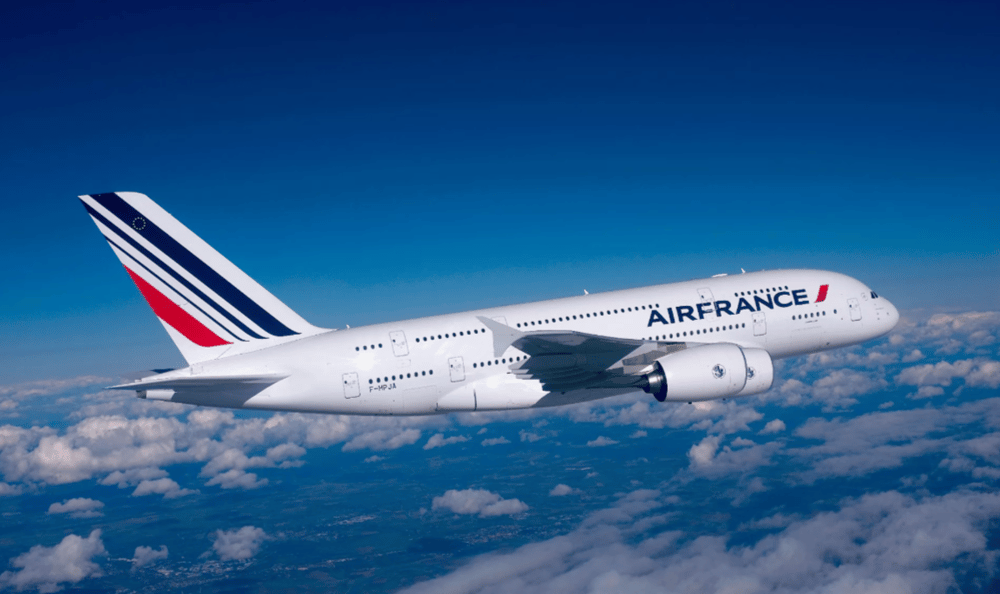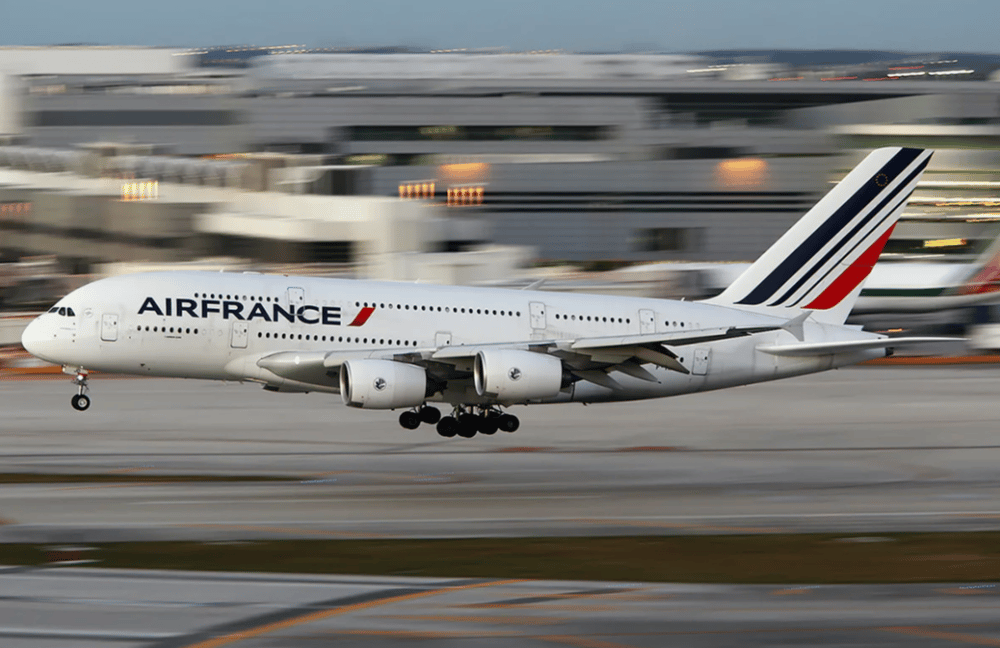France–Vietnam Airbus Deal Boosts EUR Sentiment Amid U.S. Tariff Threats
On Monday, France and Vietnam finalized a bilateral agreement for the sale of 20 wide-body aircraft from Airbus $AIR.PA, aligning industrial cooperation with geopolitical outreach. The signing coincided with French President Emmanuel Macron’s state visit to Hanoi—his first official trip to Vietnam and the first such French presidential visit in nearly a decade. The deal arrives as Vietnam navigates intensifying global trade tensions, especially in light of the U.S. (USD) administration’s renewed tariff threats.
The deal’s timing is significant: just days earlier, former President Donald Trump threatened to impose 50% tariffs on EU exports starting in June, escalating economic friction between the United States and the European Union. Against this backdrop, France is aiming to reaffirm its influence in Southeast Asia, particularly in Vietnam, a former French colony with growing strategic importance.
Airbus Order Reflects Geoeconomic Realignment
The agreement between Airbus and Vietnam represents more than a commercial transaction. It highlights a deeper effort by France to strengthen its economic and political footprint in Indo-Pacific supply chains amid mounting global fragmentation.
Vietnam’s decision to purchase an additional 20 Airbus A330neo aircraft bolsters its ambition to become a regional aviation hub. Although the deal value and delivery timelines were not publicly disclosed, VietJet (VJC.HM)—a major low-cost carrier—has previously signaled intentions to modernize and expand its long-haul fleet over the next decade.
At the same time, the agreement enhances Airbus's standing in Asia’s growing aviation market, a key battleground where it competes with Boeing $BA. The French manufacturer is strategically leveraging state-backed diplomacy to deepen ties in regions exposed to U.S. trade uncertainty, especially as Trump-era protectionism once again dominates headlines.

Quick Facts
Parties involved: Airbus, VietJet, France, Vietnam
Aircraft ordered: 20 A330neo wide-body jets
Context: U.S. threatens 50% tariffs on EU goods from June
Diplomatic relevance: Macron’s first official visit to Vietnam
Geopolitical goal: Reinforcing French presence in Southeast Asia
Further Analysis: Market Reactions and Strategic Commentary
Financial markets took note of the Airbus–Vietnam deal, viewing it as a potential buffer against macroeconomic risks emerging from transatlantic trade disputes. The euro (EUR) edged higher against the U.S. dollar (USD) as investors priced in relative diplomatic agility on the part of the EU, while Airbus shares saw modest intraday gains.
Vietnamese aviation stocks also responded positively, with expectations that the modernization of fleets could catalyze passenger growth and airport infrastructure investment. Analysts suggest the deal may further encourage European direct investment (FDI) in Vietnam, supporting the country's evolving role in supply chain diversification.
Meanwhile, Trump’s tariff threats continued to weigh on broader market sentiment. Investors remain cautious, especially amid renewed discussions about protectionist U.S. trade policies that could affect not only goods but also transnational services and financial flows.

Key Points
Airbus expands Asian footprint amid global supply chain shifts.
Vietnam deepens EU ties to mitigate exposure to U.S. trade volatility.
EUR strengthens modestly on geopolitical maneuvering.
Market sees strategic aviation deals as hedges against protectionism.
Macron’s visit underscores EU pivot to Asia amid Washington’s unpredictability.
Industrial Diplomacy Gains Altitude in Asia-Pacific
The Airbus aircraft order signed during Macron’s visit to Vietnam is a case study in industrial diplomacy, where trade agreements serve both economic and strategic objectives. Amid rising U.S.–EU trade tensions, the deal not only supports Airbus’s commercial goals but also reflects the EU’s broader ambitions in the Asia-Pacific region.
The move is likely to resonate beyond aviation, positioning France—and by extension the EU—as a stable partner for countries seeking diversification away from U.S.-centric economic pressure points. While short-term tariff concerns dominate headlines, long-term shifts in global influence are quietly taking flight.















Comments
Such moves emphasize the growing importance of automation in long-term value creation